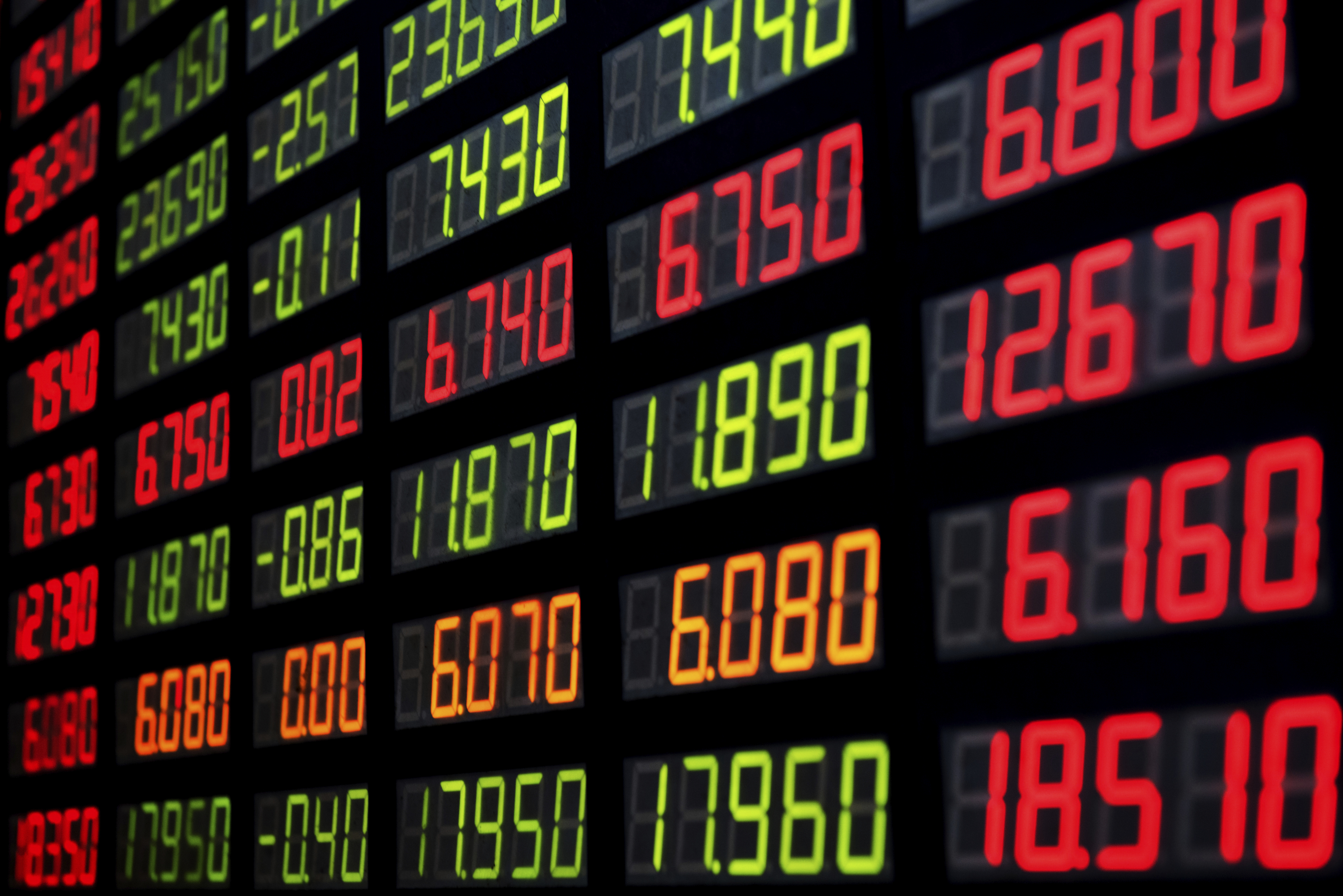Tiny Mauritius could soon be home to the first truly pan African stock exchange. Leveraging the island’s reputation for investor protection, the creators of the African Stock Exchange (AFSX) hope to provide a venue for trading the continent’s blue-chip stocks and government bonds — one that will attract regional and foreign investors alike.

Mauritius has a why not? attitude that belies its tiny size. In October, 2014, local businessman Dhaneswar Damry announced plans to partner with Germany’s Deutsche Bourse to create the African Stock Exchange, a new Pan-African bourse to be based on the Indian Ocean island. The project is meant to provide a trading venue for blue-chip equities and govern-ment bonds from across Africa.
The big idea is a classic for Mauritius. Except for large exchanges such as the Johannesburg Stock Exchange (JSE), capital markets in Sub-Saharan Africa often lack the regulatory frameworks and clearing mechanisms that foreign fund managers have come to rely on. The plan is to set up a secure and liquid trading platform based on the trading technology in use at the Frankfurt Stock Exchange. AFSX will target foreign investors keen on investing in African securities, but who are looking for a secure, transparent venue in which to do so.
“We felt that the local exchanges in Sub-Saharan Africa, between South Africa and one or two North African markets, are weak and don’t really attract international investors,” Damry said at the time. “We realized that these countries need a stable platform without excessive risk and without currency issues. It’s a way of de-risking Africa,” he added.
AFSX, which is set to launch in the final quarter of 2015, plans to install the proprietary technology of Deutsche Börse and create a platform that allows market participants to interact on an even playing field. The new bourse seeks to become a gateway that integrates domestic exchanges in Africa, as well as one that injects a healthy dose of liquidity. Clearstream, part of the Deutsche Börse Group, would be re-sponsible for settling the trades.
“The trading system is based on very stable and reliable technology, and also stands out due to its low latency. This high-level technology used by Deutsche Börse at its own trading venues — Xetra and the Frankfurt Stock Exchange — makes the markets more transparent and secure,” said Hauke Stars of the Executive Board of Deutsche Börse.
AFSX is still in the planning stages and before its launch, the regulatory framework for the Pan-African bourse will need to be ironed out and a robust market oversight mechanism put in place. (Calls and email messages to the Mauritius Financial Services Commission about whether AFSX had been granted a license to operate were not answered.)
Mauritius, a country of 1.2 million, has an unrivaled track record for good governance. The Doing Business Report of the World Bank ranks Mauritius 12 out of 189 economies worldwide in terms of protecting investors. In 2014, the country placed first in the Ibrahim Index of African Governance (IIAG)—as it has for eight years in a row. Its main African contender for accountability is an ocean away, the archipelago of Cape Verde. In addition, Mauritius has signed an Economic Partnership Agreement with the European Union (EU) that came into effect in May 2012. This double allegiance to Africa and to the EU has endowed Mauritius with a powerful toolkit for trade.
The AFSX team would also be able to piggyback on the experience of the Stock Exchange of Mauritius (SEM), incorporated in 1989. Publicly listed since 2008, the SEM is a small pre-emerging exchange with the technology and regulatory framework that make it a leading African bourse despite its market size.
The SEM operates two floors, the Official Market and the small-cap Development & Enterprise Market (DEM). Foreign investors drive nearly 40% of the SEM’s trading activity.
By Paul de Zardain
0 COMMENTS